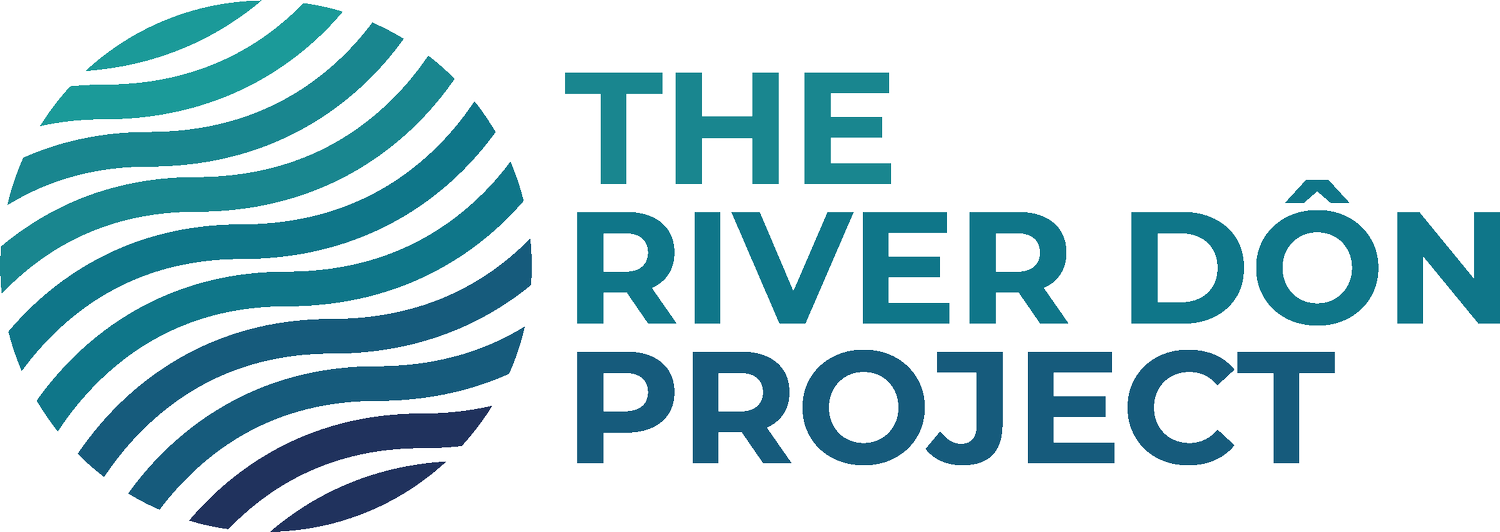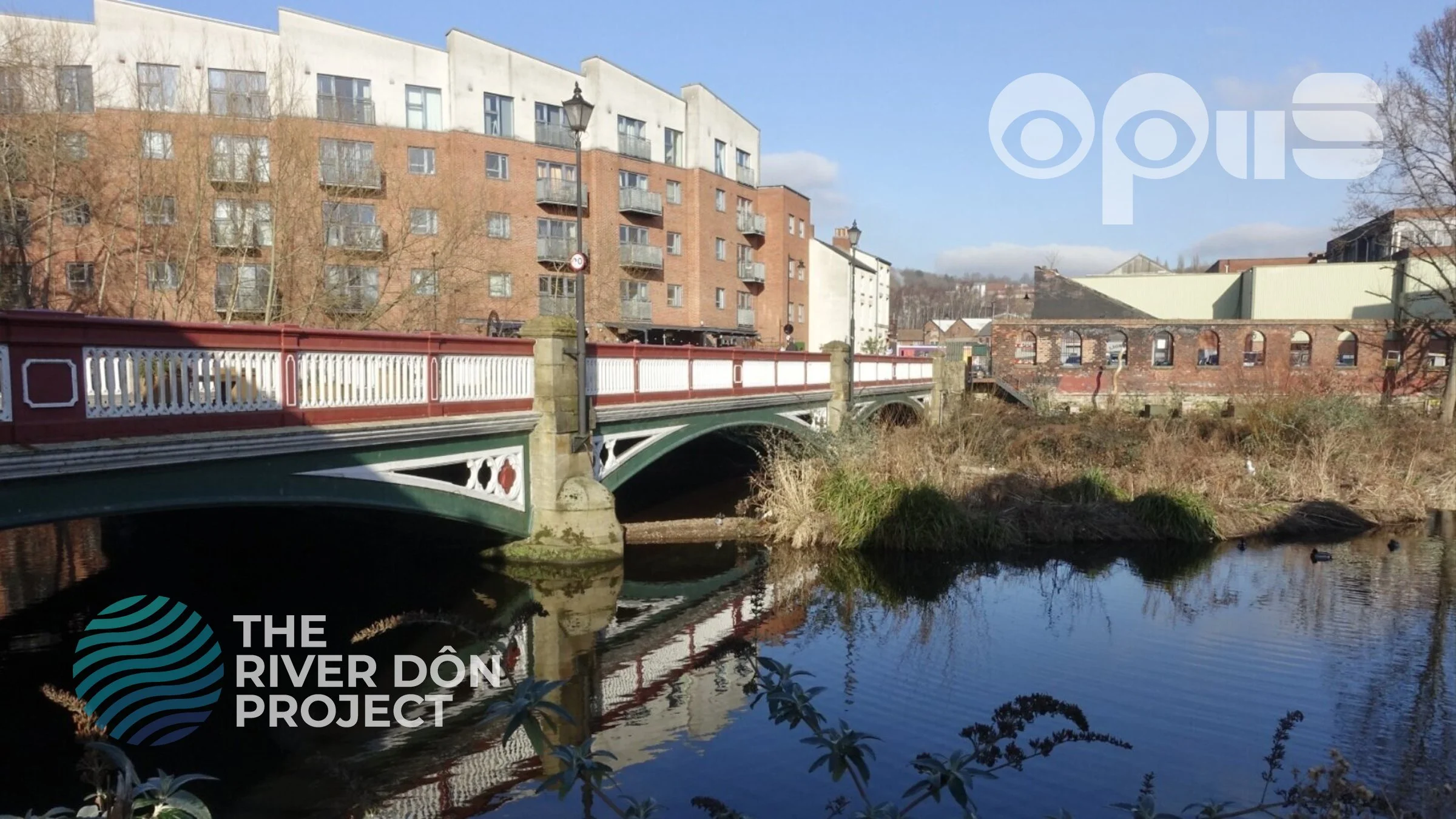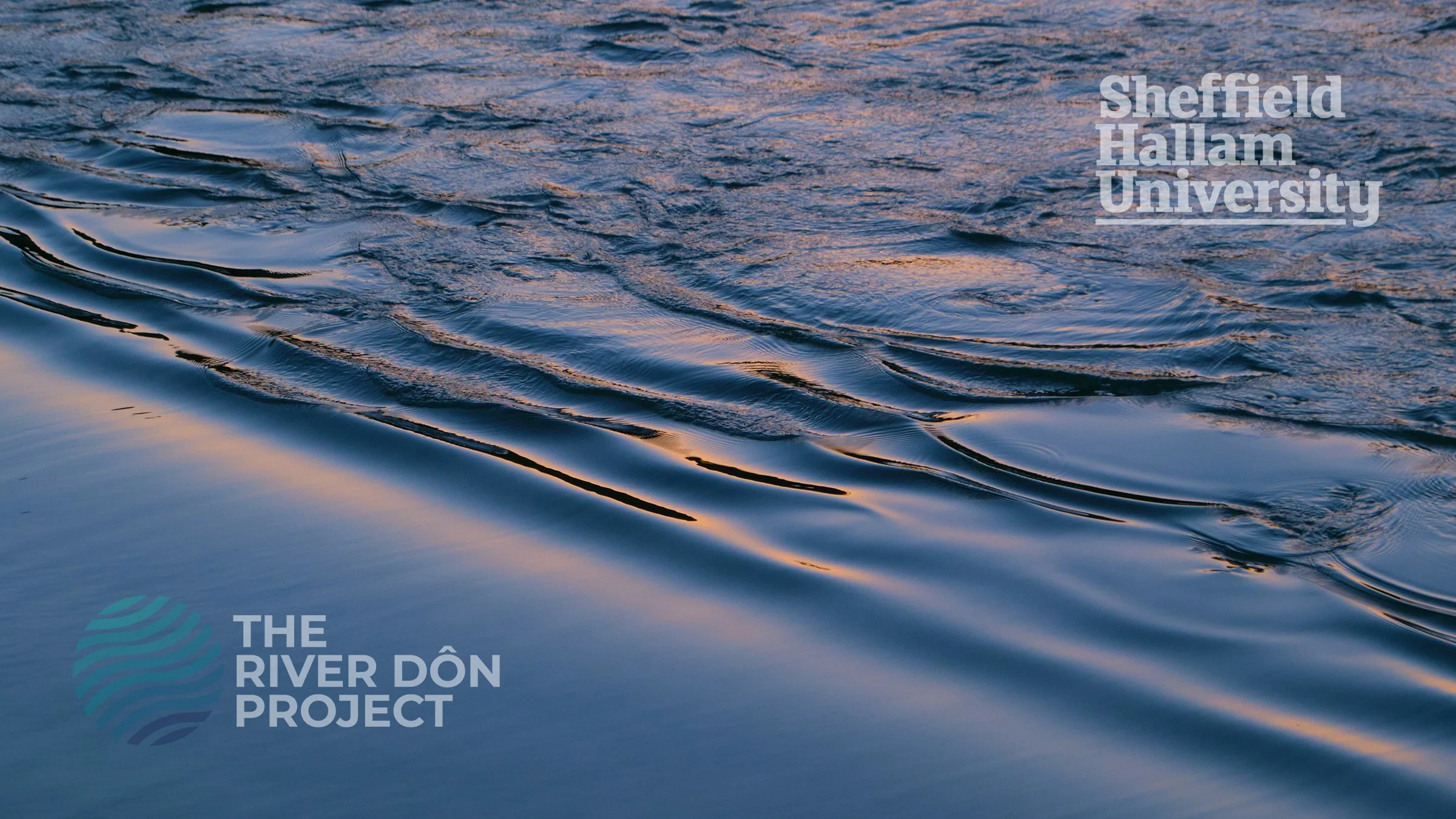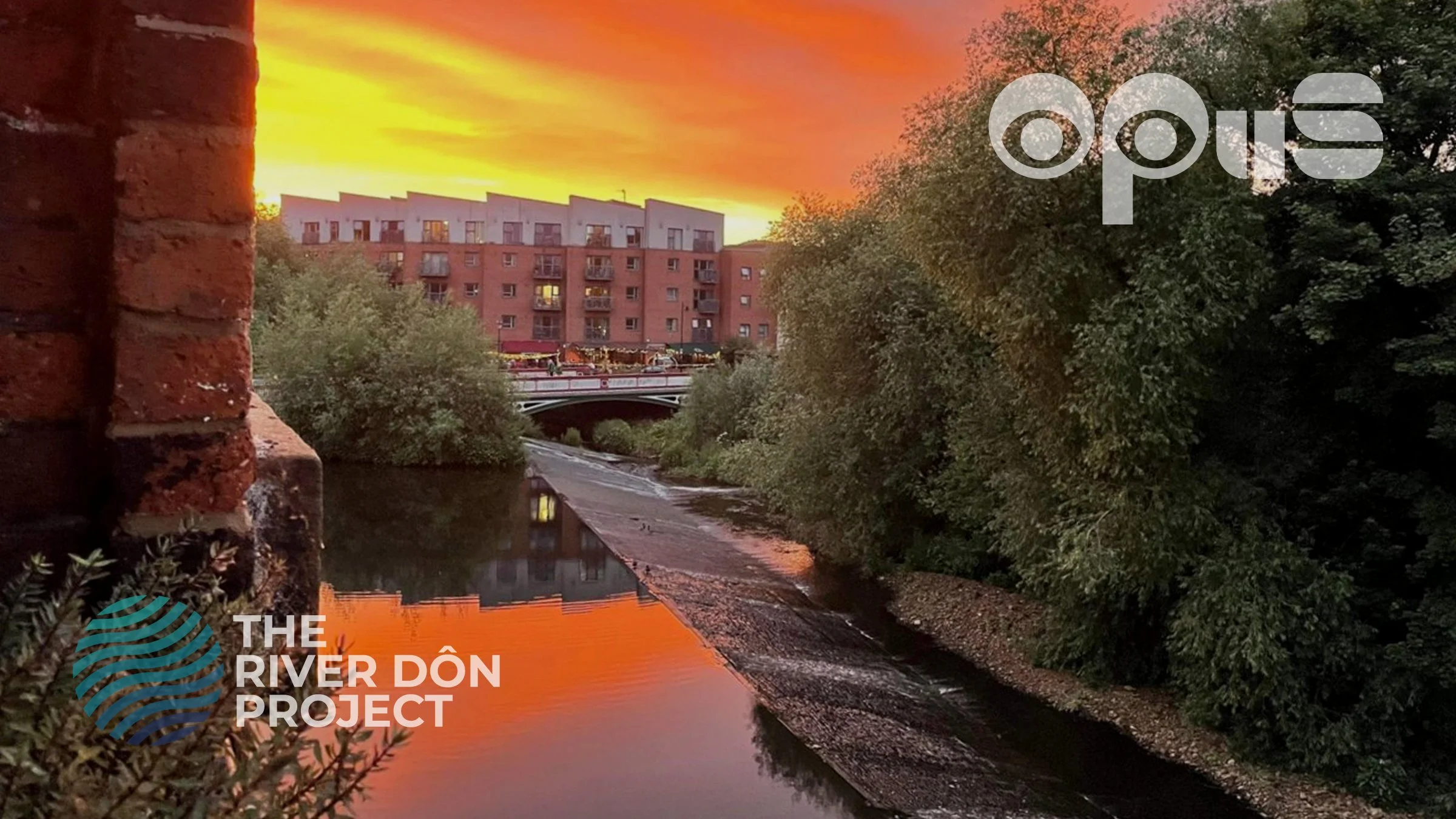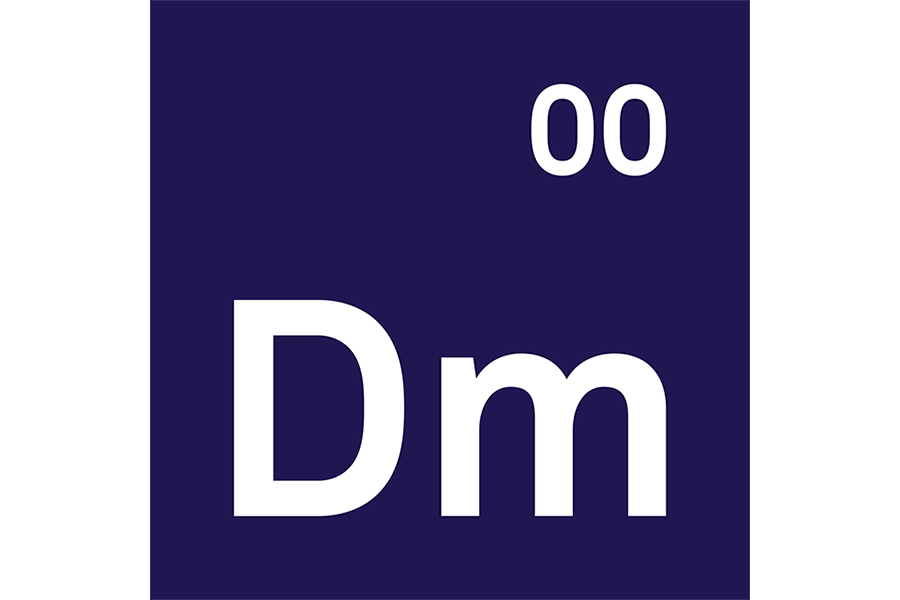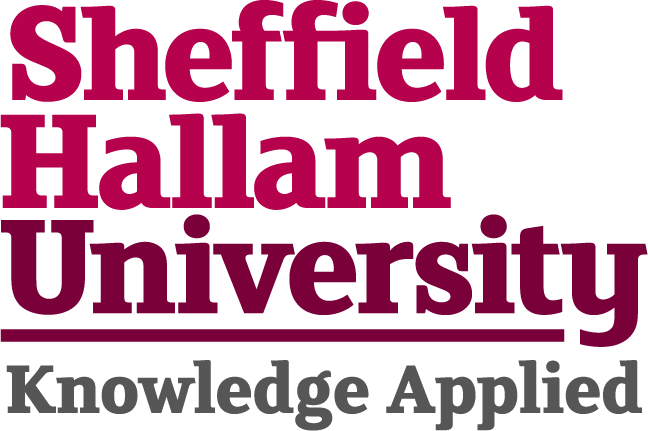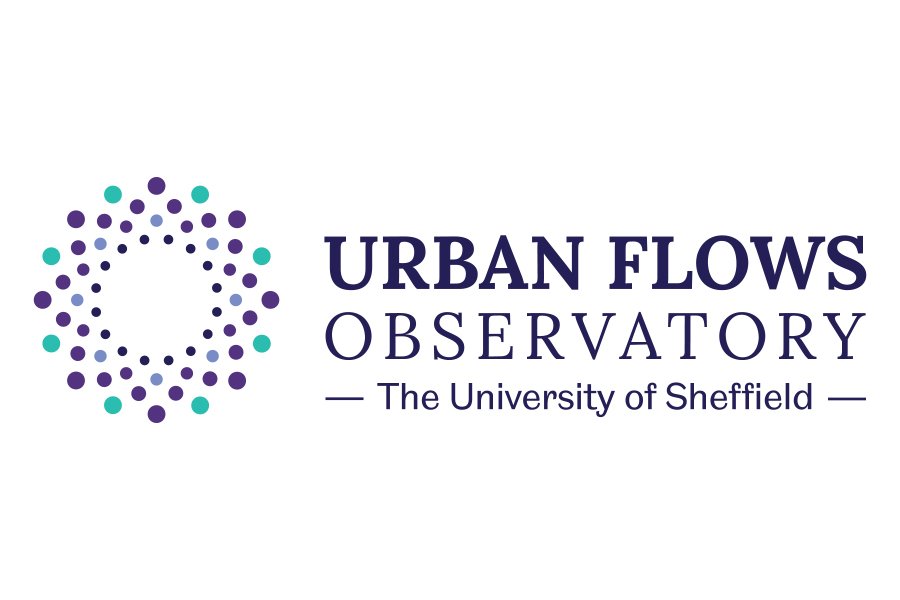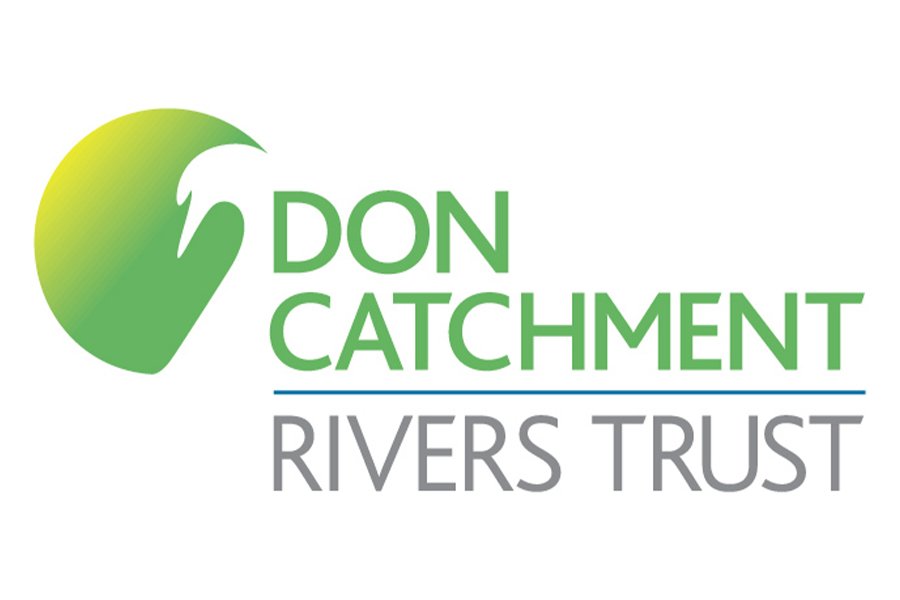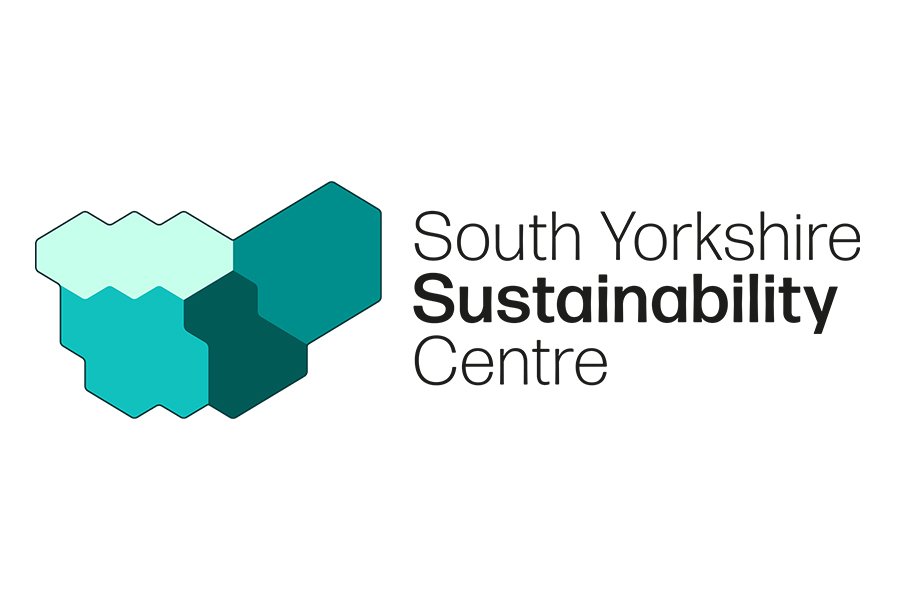
Modelling the future rights of nature in South Yorkshire
Humans are part of nature, but often act as if we are separate from it. Leading us to abuse and extract from it, without realising that this can make us sick and cause harm. This disconnection reduces our resilience to events like flooding, it leads to species loss, bad air quality and rising temperatures.
Our current path has already taken us past seven of the nine planetary boundaries which sustain all life. We are creating an unlivable planet, at war with the future generations of all living things.
Working with citizens and communities throughout South Yorkshire. The River Dôn Project seeks to demonstrate how we can see and sense into the complex ecosystems and relationships that make up the water catchments that we are all a part of.
The catchment area is made up of thousands of interwoven and interdependent relationships called a bioregion. We are working to make them visible and understand them better. We think this could inform how communities, institutions and citizens collectively steward, value and shift the choices we make together towards liveable futures.
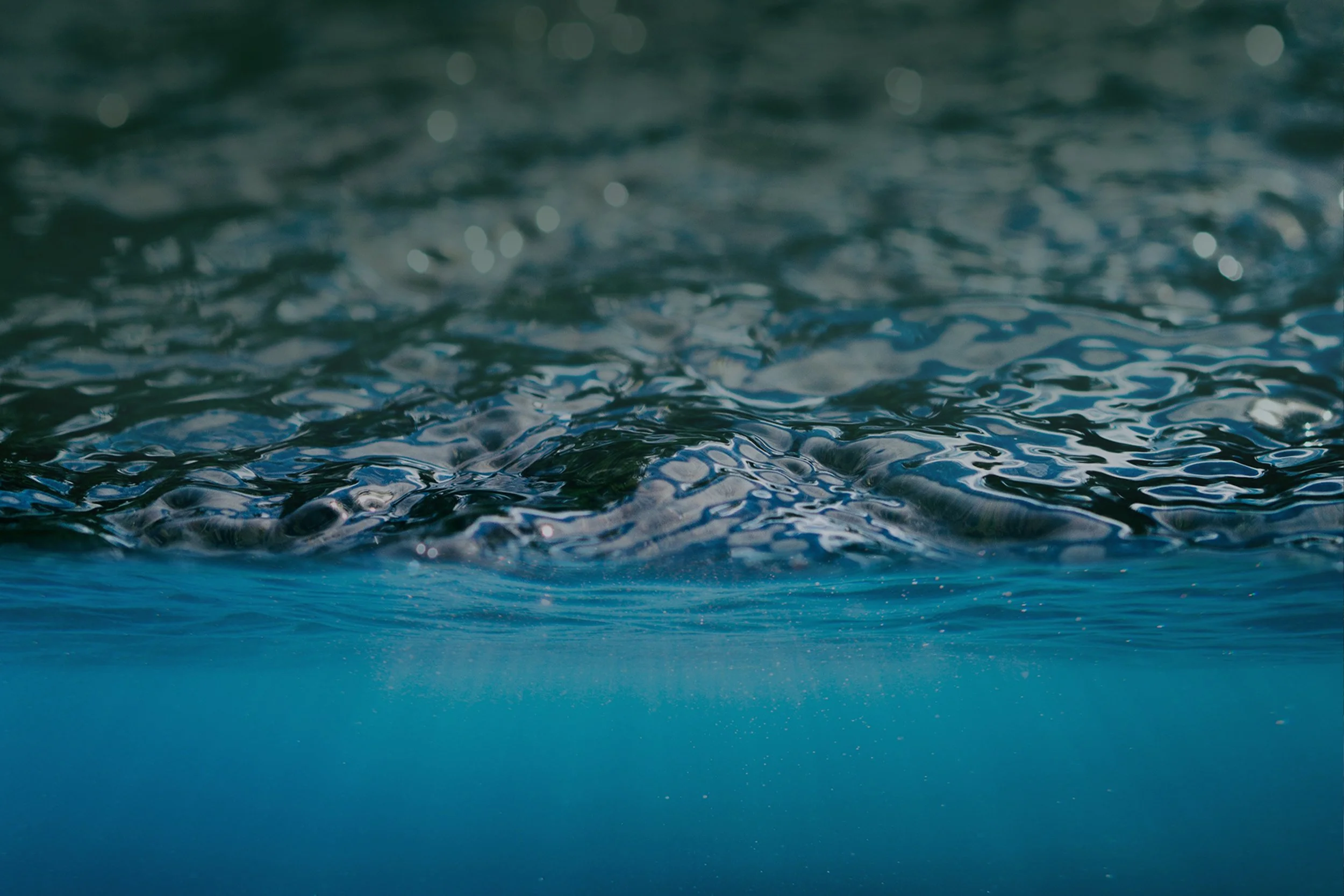
If you’d like to support our work with a one-off or regular donation, please click the button below.
Meet some of the The River Dôn Project team in this slow radio podcast
Listen on the site above or click here to find you preferred steaming platform
Insights
Explore the project, learn more about the collaborators and journey into the emergent thinking that we are all learning from together.

TOGETHER
“We are the first generation to know the scale of the challenges that have been created by human activity on the planet, and we are one of the last that can deeply do something about it.
It is now about how we collectively harness that: working boldly enough, whilst being legitimate enough and doing so with care; demonstrate systemically, work in ecologies, and with a thoughtful urgency.”
Get in touch: We want to hear about your experiences with the River Dôn; how you help maintain its health, swim or fish in it, watch birds by it or walk your dog along it. We also want to hear how you could imagine future relationships with it, and what could happen as a result.
Get involved: The River Dôn Project is bringing together a range of multi-disciplinary organisations and people into an innovative, collaborative partnership. All are welcome. We structure our work through five different workflows: Communities, Arts and Culture, Legal, Digital Engagement Platform and Interface for Care. Together we are designing and developing the sensing technologies that enable relationships and participation from citizens, organisations and communities, in order to demonstrate a commons based approach to the governance of rivers.

